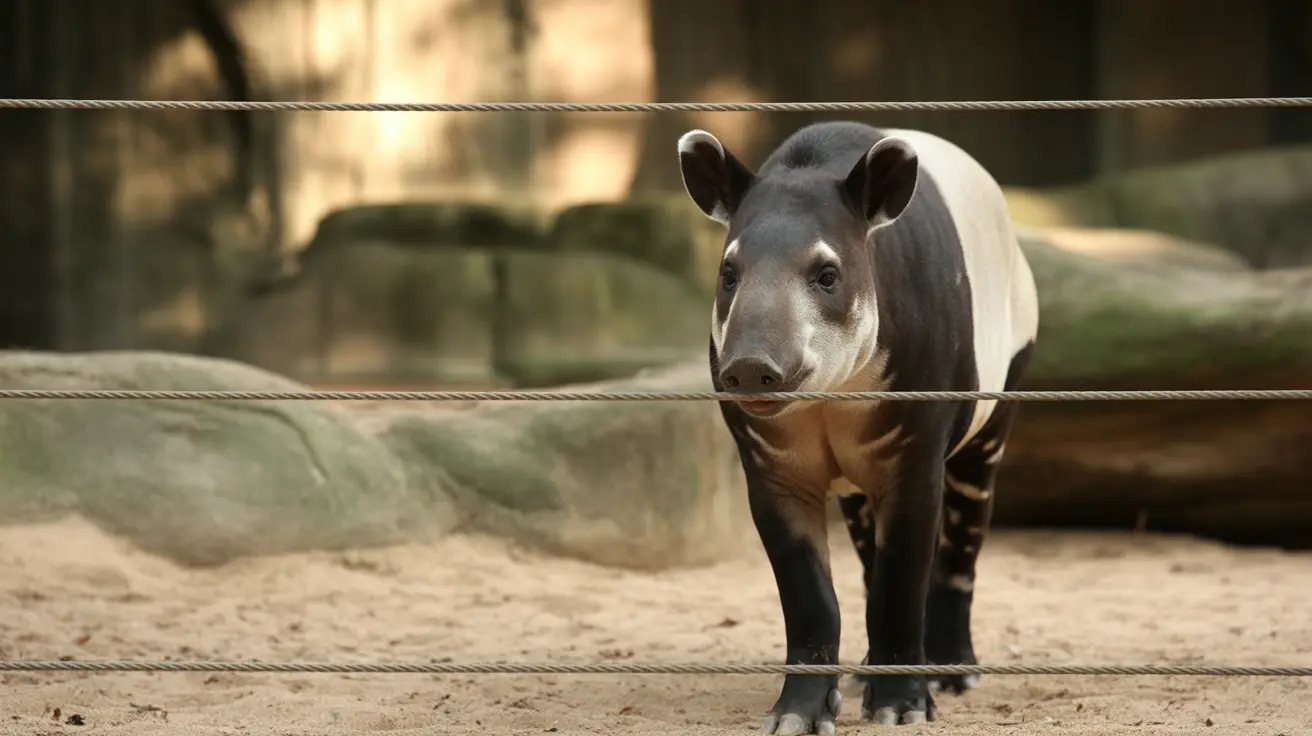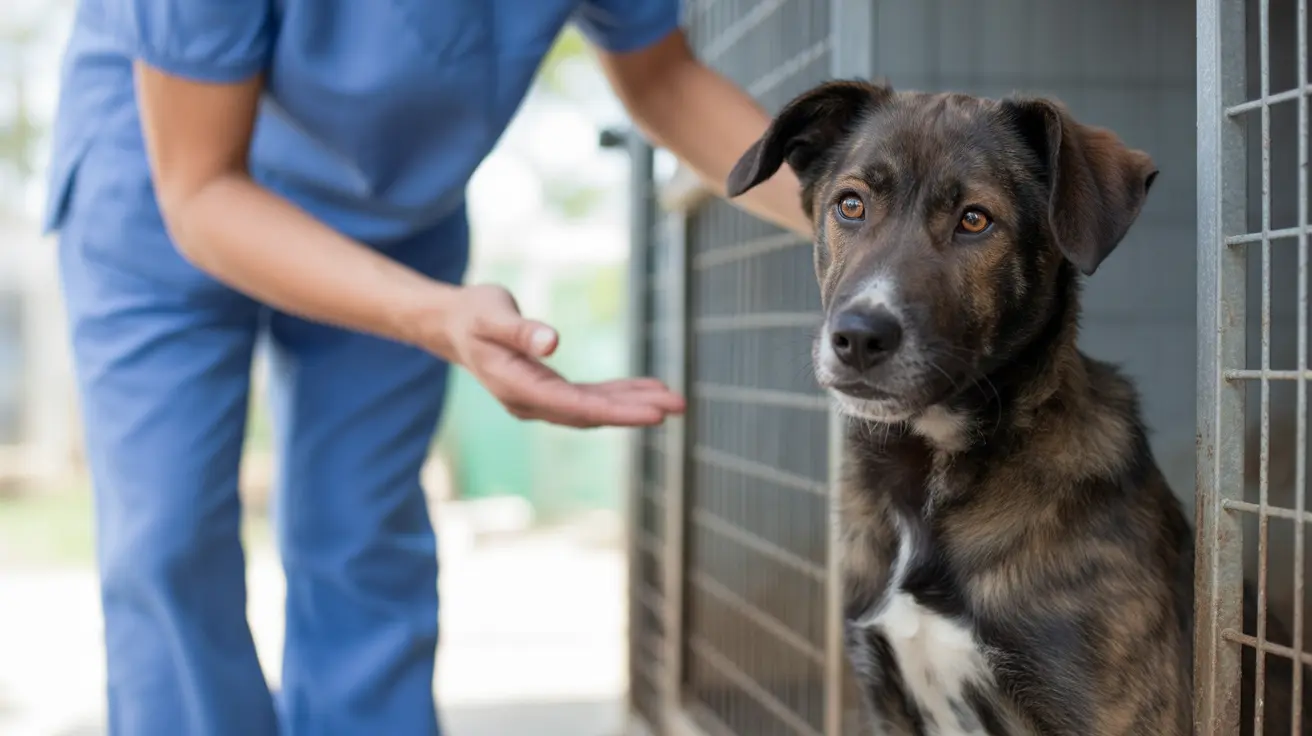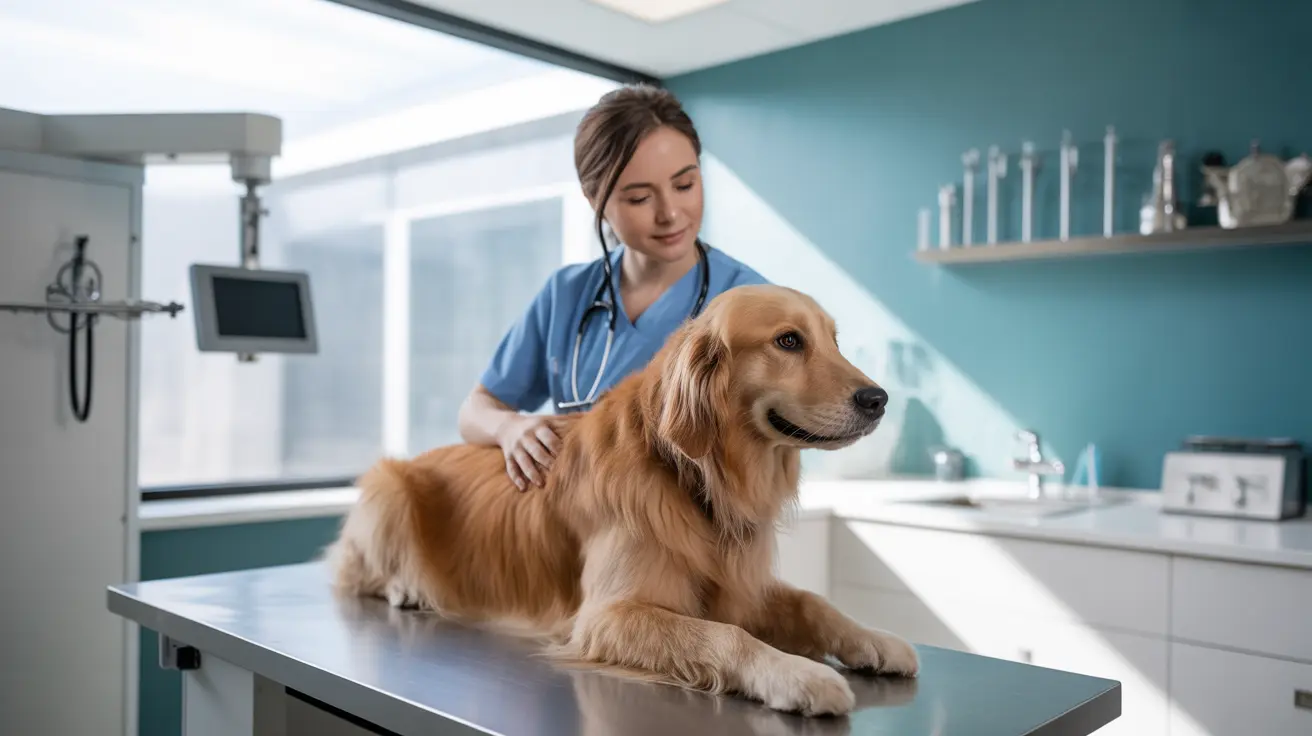Why Do Dogs Lick You? Understanding Canine Licking Behavior
Licking is a multifaceted canine behavior that dogs display for various reasons. While most dog owners view licking as a sign of affection, this action goes beyond simply showing love. In fact, dogs use licking as a fundamental method of communication, exploration, and bonding. Understanding what motivates your dog to lick can help strengthen your relationship and offer insights into their physical and emotional state.
1. Affection and Bonding
One of the most common reasons dogs lick their owners is to show affection. From puppyhood, dogs learn that licking is a form of social bonding. Mother dogs lick their pups to clean and nurture them, while littermates engage in licking each other as a sign of connection. This nurturing behavior carries into adulthood.
- Affectionate licking releases endorphins in dogs, making them feel calm and happy.
- It’s their way of telling you they care—similar to a hug or kiss among humans.
2. Attention-Seeking Behavior
Licking often becomes a learned behavior when a dog realizes that it gets a reaction from their human. Whether you laugh, talk, or pet them in response, your dog may use licking as a strategy to engage you.
- If your dog licks you often when they’re excited or want to play, they’re likely seeking your attention.
- Positive reinforcement of licking (i.e., giving treats or affection when they lick) can encourage them to do it more.
3. Taste and Sensory Curiosity
Dogs experience the world largely through their mouths and noses. Due to their heightened senses, they may lick you to understand how you taste or smell.
- Salt from sweat, food remnants, or scented lotions can be highly appealing to dogs.
- Strong, unfamiliar scents on your skin or clothing may prompt investigative licking.
4. Instinctual Grooming Habits
Licking can also be a behavior rooted in a dog’s instinct to groom. While mostly a dog-to-dog interaction, you may sometimes be on the receiving end if your dog views you as part of their pack.
- Dogs groom each other to maintain hygiene and reinforce social structure.
- By licking you, your dog could be showing care or perceiving a need to “clean” you.
5. Anxiety and Stress Relief
Some dogs lick as a coping mechanism when they feel anxious or stressed. The repetitive motion of licking can have a self-soothing effect and help release calming endorphins.
- If your dog licks you excessively during thunderstorms or when left alone, it may be due to stress or separation anxiety.
- Licking can serve as emotional comfort, much like humans exhibit nervous habits.
6. Submissive Communication
In the canine world, licking often conveys submission. Puppies lick older dogs or their mothers to demonstrate deference. Similarly, dogs may lick people as a sign of respect or acknowledgment of leadership.
- Submissive licking often includes lowered body posture or avoidance of direct eye contact.
- This is less about affection and more about maintaining social harmony.
7. Medical or Behavioral Issues
While licking is usually harmless, excessive licking—either on you, themselves, or even surfaces—could signal underlying problems.
- Compulsive licking may point to allergies, skin irritation, gastrointestinal discomfort, or other health conditions.
- Consult a veterinarian if your dog’s licking becomes uncontrollable or obsessive.
How to Manage or Redirect Excessive Licking
Though many dog owners enjoy the occasional kiss, constant licking can become overwhelming or undesirable. Here are a few ways to handle it:
- Positive Reinforcement: Reward your dog for showing affection in other ways, like sitting calmly or cuddling.
- Redirection: Offer chew toys or interactive play to distract them from compulsive licking.
- Training Cues: Teach commands like “no lick” or “off” and use treats to reinforce boundaries.
- Veterinary Consultation: Rule out any medical issues if the licking is excessive or unexplained.
Conclusion
Dogs lick for a variety of reasons ranging from physiological comfort and grooming instincts to expressions of love and submission. Recognizing what your dog’s licking means in different contexts can deepen your bond and help you respond appropriately. In most cases, licking is a harmless and natural behavior, but it’s essential to observe any changes that may indicate a health concern or behavioral issue.
Understanding canine behavior helps foster a more respectful, affectionate, and communicative relationship between pet and owner. If you’re ever uncertain about your dog’s licking habits, a quick conversation with your vet can offer helpful insight and peace of mind.





